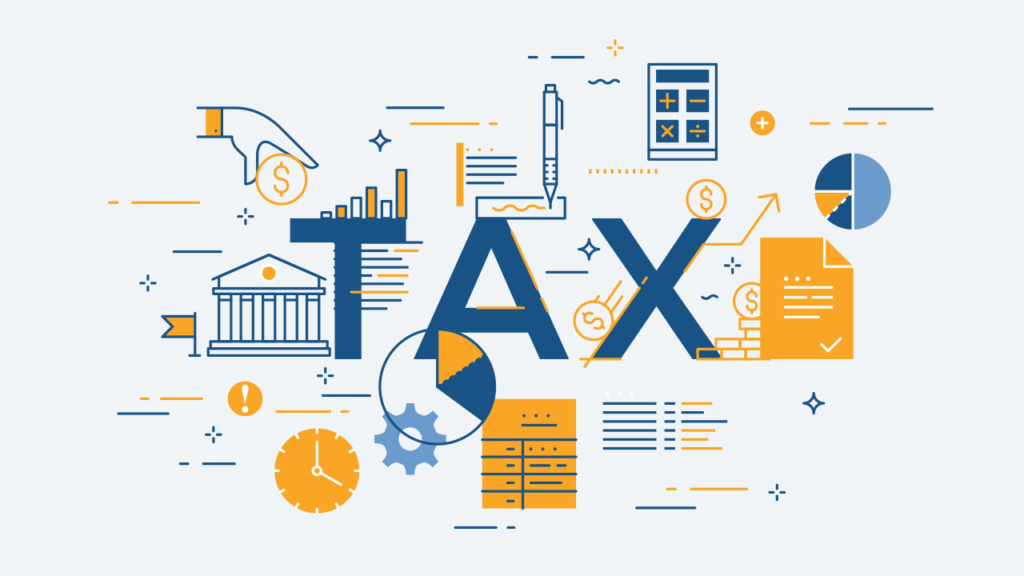“ATM withdrawal charges are increasing from May 1, 2025. Learn how the new RBI rules will affect your free transactions, and discover smart ways to avoid extra ATM fees.”
In a move that directly impacts millions of bank customers across India, the Reserve Bank of India (RBI) has approved an increase in ATM withdrawal charges starting May 1, 2025. With digital transactions on the rise and operational costs for banks soaring, this update aims to ensure smoother and more sustainable ATM services — but at a price. Let’s dive deep into what’s changing and how you can avoid unnecessary charges. Explosive Hike in ATM Charges Starts May 1!

🗓️ Big Change, Bigger Impact
From May 1, banks are allowed to charge up to ₹23 per ATM withdrawal once a customer has exhausted their monthly free limit. This is a ₹2 hike from the earlier fee of ₹21 per extra transaction — and though it might sound small, it can add up fast if you’re not careful.
1 मई से, बैंकों को ग्राहक द्वारा अपनी मासिक निःशुल्क सीमा समाप्त होने पर प्रत्येक ATM निकासी पर ₹23 तक का शुल्क लेने की अनुमति है। यह प्रति अतिरिक्त लेनदेन ₹21 के पहले के शुल्क से ₹2 की वृद्धि है – और हालांकि यह छोटा लग सकता है, लेकिन अगर आप सावधान नहीं हैं तो यह तेज़ी से बढ़ सकता है।
| Transaction Type | Old Charges (Till April 30, 2025) | New Charges (From May 1, 2025) |
| ATM Withdrawal beyond free limit | ₹21 + GST | ₹23 + GST |
| Cash Recycler Machines (CRM)* | ₹21 + GST | ₹23 + GST |
🏦 Here’s the New Structure:

- Free focus Transactions at Own Bank ATMs:
✔️ 5 free transactions per month (financial + non-financial). - Free Transactions at Other Bank ATMs:
✔️ 3 free transactions per month in Metro cities
✔️ 5 free transactions in Non-Metro locations - Post-Free Limit Charges:
👉 ₹23 per financial transaction at any ATM
👉 Applicable to Cash Recycler Machines (CRMs) too (excluding cash deposits) - 🔁 Taxes Extra: Don’t forget — GST will be levied on these charges, which bumps up the cost further.

Interchange Fees: The Backbone of This Decision
To understand why the charges were increased, we need to look at interchange fees — the amount one bank pays another when a customer uses a different bank’s ATM.
Old Interchange Fee:
- ₹15 per financial transaction
- ₹5 per non-financial transaction
New Interchange Fee (Effective from May 1, 2025):
- ₹17 per financial transaction
- ₹6 per non-financial transaction
These hikes aim to offset rising ATM operating costs (like maintenance, cash handling, cybersecurity, and tech upgrades) and support ATM availability even in less-profitable regions
Tips to Save Your Hard-Earned Money
Just because charges are increasing doesn’t mean you have to pay more. Here are some smart strategies to avoid ATM fees:
1. 🏧 Use Your Bank’s ATMs
You get 5 free transactions with your own bank every month. Use them wisely.
2. 💰 Consolidate Withdrawals
Instead of 10 small withdrawals, make 1–2 large ones to stay within limits.
3. 📲 Go Digital
Pay via UPI, mobile wallets, or bank transfers wherever possible — especially for daily expenses like groceries, transport, etc.
4. 📈 Monitor Usage
Track your ATM activity via SMS alerts or mobile banking apps to avoid crossing the free usage limit.
❓Frequently Asked Questions (FAQs)
Q1: Are these charges applicable to all banks?
✅ Yes. All scheduled commercial banks, including private, public sector, and foreign banks operating in India, can apply this fee.

Q2: What if an ATM fails to dispense cash but my account is debited?
If reported within 7 days, the bank must reverse the amount within 5 working days, and you’re not charged for that failed attempt.
Q3: Are senior citizens exempt from these charges?
Some banks may offer additional benefits or waivers to senior citizens or premium customers. Check with your bank for specific offers.
Q4: Will the fee be the same for rural branches?
Yes, but you may get more free transactions in non-metro or rural areas due to lower ATM penetration.
🧾 Final Thoughts: Adapt and Save
This hike in ATM withdrawal charges may seem like a small change, but for regular users, it emphasizes the need for digital literacy and transaction planning. As India continues its journey toward a cash-lite economy, being aware of banking policies becomes crucial to avoid unnecessary charges.
By staying informed and slightly tweaking your habits, you can avoid spending hundreds of rupees on avoidable fees — and make your money work smarter for you.





